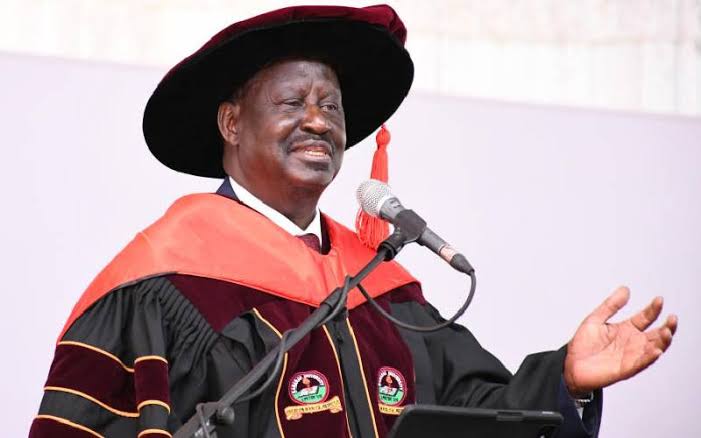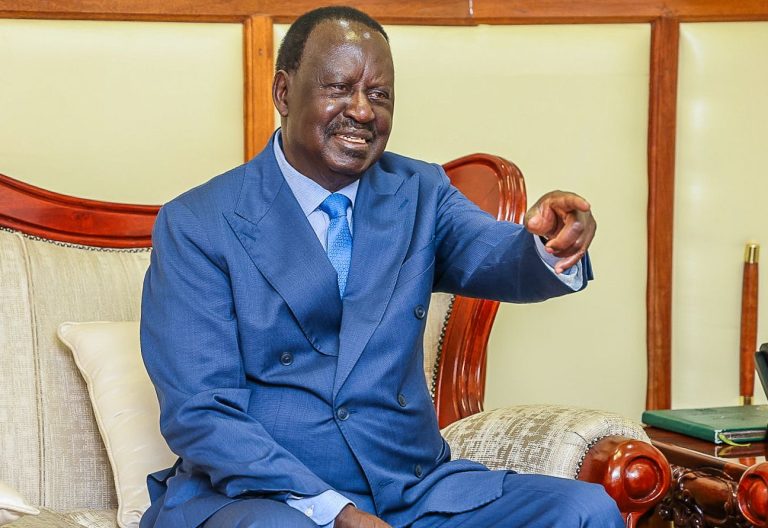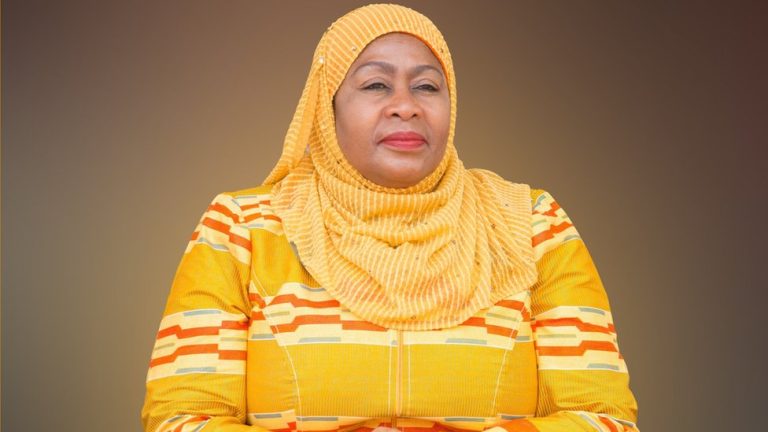Kenya’s education system has entered a new phase as 2.3 million learners begin their Kenya Junior School Education Assessment (KJSEA), the first national exam under the Competency-Based Education (CBE) curriculum.
The goal, he said, is to prepare learners for real-world challenges through continuous assessment.

The assessment, scheduled from October 27 to November 3, marks the end of junior secondary education and transition to senior school.Education Cabinet Secretary Julius Ogamba said, “the new system represents a fundamental shift from the old Kenyan certificate of primary education model, emphasizing skills,creativity, and continuous learning rather than one-off-high-stakes testing.”However, learners will not be issued certificates as was the case with the now-phased-out KCPE. Instead, they will receive result slips indicating their performance in each subject.The KJSEA is designed to evaluate learners’ competencies in various areas, including English, Kiswahili, Mathematics, Integrated Science, Social Studies, Religious Education, Agriculture, Pre-Technical Studies, Creative Arts, and Physical Education.Learners with hearing impairments will also be assessed in Kenyan Sign Language.“KJSEA is not about ranking or elimination; it’s about understanding what a learner can do with the knowledge they have acquired. It values skills, innovation, and real-world problem-solving,” said Ogamba.“The reforms aim to eliminate one-off high-pressure exams and encourage continuous assessment,“ KNEC said.He explained that the CBE system emphasizes creativity, critical thinking, and hands-on learning, moving away from high-pressure, memory-based testing.
![]()





